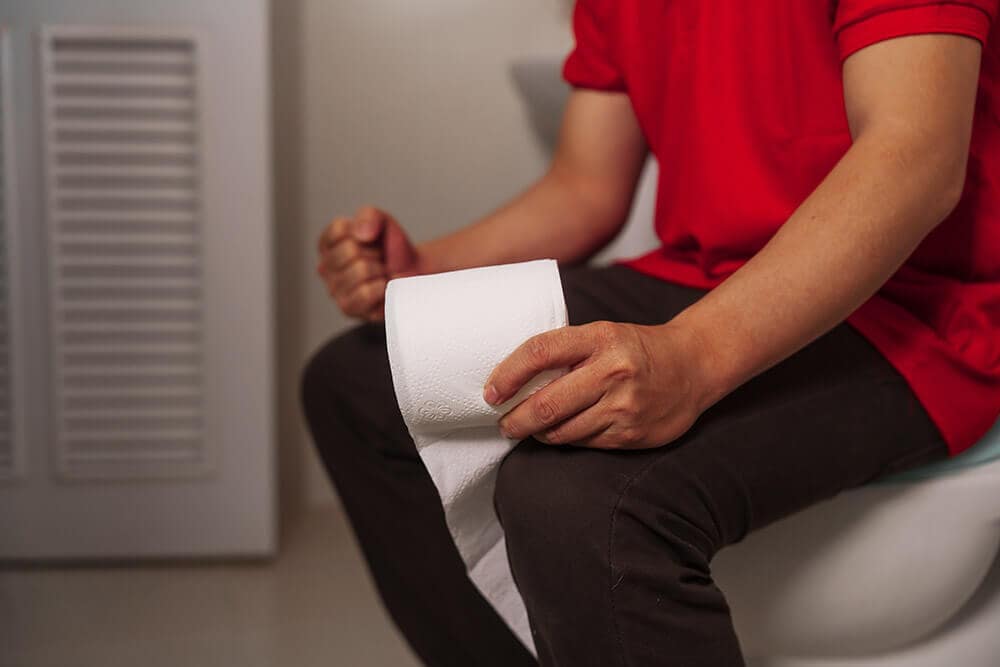Expert Treatment for Hepatitis E by Dr. Bharat Pothuri
Dr. Pothuri uses a step-by-step approach:
Medical History and Exam
He reviews your travel and dietary history, water-source exposure, alcohol use, and any existing liver conditions. He also assesses for epigastric pain, jaundice, and abdominal tenderness.
Blood Tests
We measure liver enzymes (ALT, AST), bilirubin levels, and order specific serologies for HEV (anti-HEV IgM and IgG). Additional viral panels help rule out hepatitis A, B, and C.
Imaging Studies
- Abdominal ultrasound evaluates liver echotexture and rules out biliary obstruction or gallstones.
- Transient elastography (FibroScan) or elastography measures liver stiffness in more severe or persistent cases.
Advanced Testing (if needed)
In immunocompromised patients or unclear cases, HEV RNA PCR confirms active infection. Rarely, a liver biopsy may be performed to assess inflammation or fibrosis.
Frequently Asked Questions
How long does hepatitis E last?
Most people feel better in four to six weeks with rest and fluids.
Can I catch hepatitis E from another person?
It rarely spreads between people. It mostly spreads through contaminated water or food.
What foods should I avoid?
Do not eat raw or undercooked pork, shellfish, or unpasteurized milk.
Is hepatitis E dangerous in pregnancy?
Yes, especially in the third trimester. Pregnant women should seek immediate medical care.
How is hepatitis E different from hepatitis A?
Both affect the liver and spread in similar ways, but they are caused by different viruses. Hepatitis E can be more serious for people with other health problems.
Is there a vaccine for hepatitis E?
There is no vaccine approved in the United States. The best protection is clean water and safe food practices.
How can I prevent hepatitis E while traveling?
Drink bottled or boiled water. Avoid ice, fresh salads, and street food in high-risk areas.












